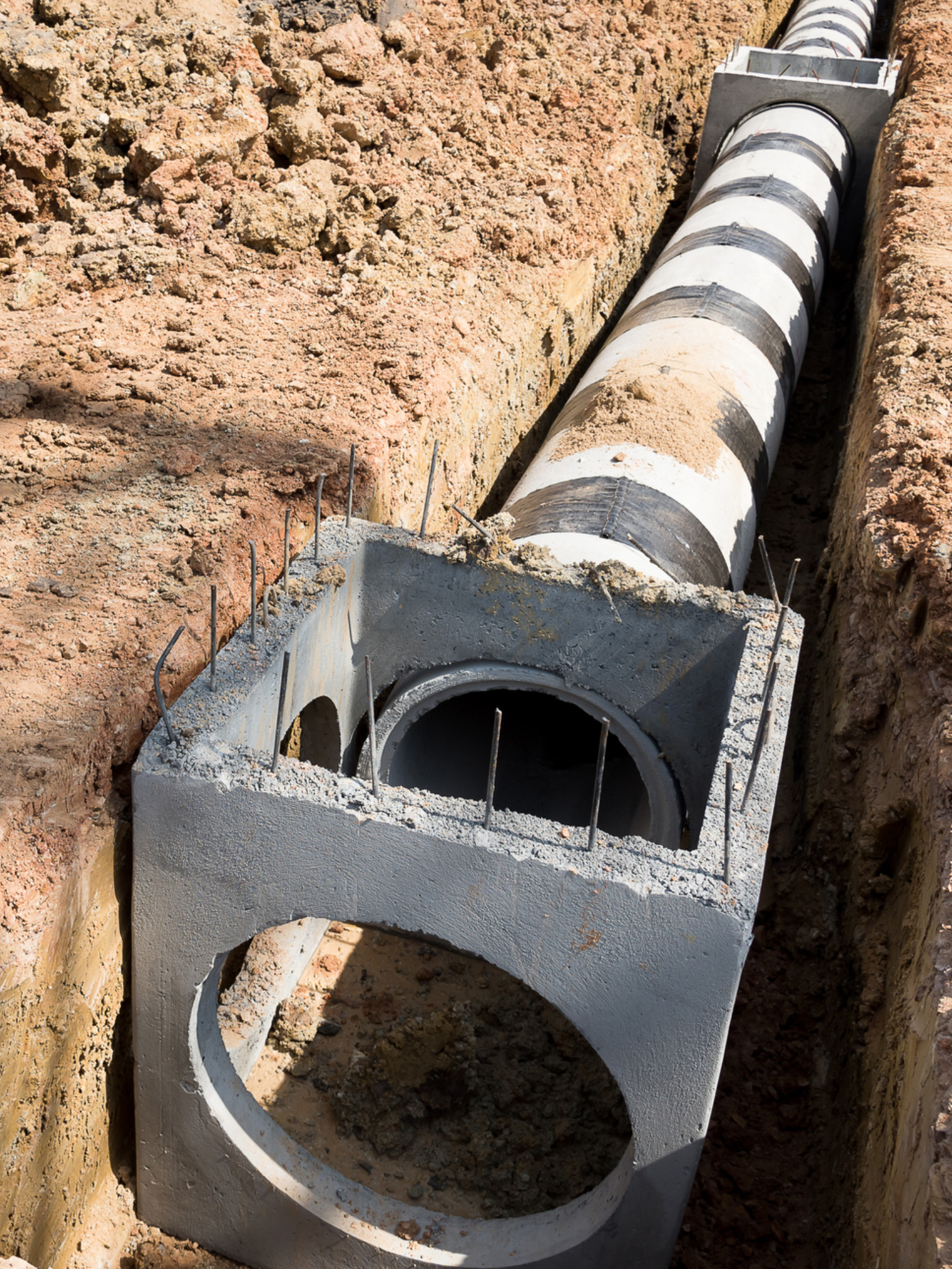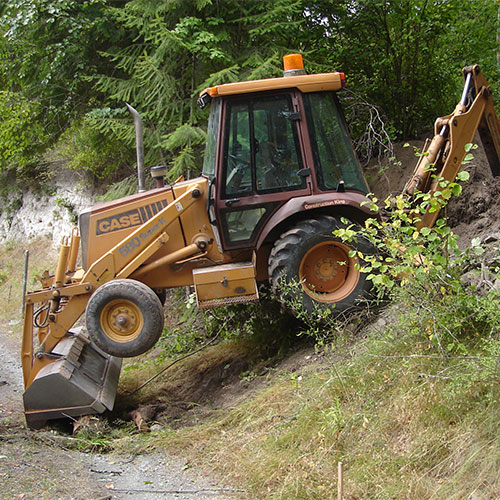Dump Truck Companies in Ohio - Dependable Dump Truck Solutions Across Ohio
Dump Truck Companies in Ohio - Dependable Dump Truck Solutions Across Ohio
Blog Article
Comprehensive Excavation Approaches: Understanding the Basics for Success
In the world of building and civil engineering, the relevance of efficient excavation strategies can not be overstated. The cautious planning, precise execution, and precise attention to information called for in excavation tasks demand a comprehensive method that encompasses different essential elements. From first dirt evaluation to the execution of safety steps and normal development tracking, mastering these core elements is important for attaining success in any kind of excavation endeavor. The real proficiency exists not merely in understanding these basics however in flawlessly integrating them to browse the intricacies of excavation jobs with skill.
Understanding Excavation Task Planning

The preliminary phase of any kind of excavation project is the planning stage, where crucial choices are made that can considerably influence the result of the project. Understanding the job extent, timeline, and spending plan restrictions is crucial for producing a detailed excavation plan that makes sure the job's success.
One trick element of excavation project preparation is the advancement of a thorough timeline that details the series of landmarks, activities, and target dates. By meticulously thinking about all these factors during the planning phase, excavation tasks can be carried out efficiently and successfully, leading to successful end results - dump truck companies in ohio.
Soil Evaluation and Site Analysis
Conducting detailed dirt evaluation and site analysis is an essential step in the preparation stage of any kind of excavation project. Dirt evaluation entails identifying the make-up, framework, and homes of the dirt at the excavation site. This information is crucial for recognizing the soil's bearing ability, wetness material, and potential for disintegration, which are crucial consider figuring out the excavation approaches and tools required for the task.
Site assessment exceeds dirt analysis and includes a more comprehensive analysis of the total site problems. This examination consists of identifying any possible hazards, such as underground utilities, ecological worries, or unsteady surface, that can influence the excavation procedure. By extensively assessing the site, job managers can develop reliable excavation approaches that focus on security, effectiveness, and environmental security.
Making use of sophisticated modern technologies like ground-penetrating radar, dirt sampling, and drone surveys can boost the accuracy and efficiency of soil evaluation and site assessment. Investing time and resources in these initial steps can ultimately conserve time and stop pricey delays or complications throughout the excavation process.
Equipment Choice and Application
Reliable excavation jobs rely greatly on tactical equipment selection and usage to ensure optimum efficiency and productivity. Picking the best tools for the task is crucial in taking full advantage of efficiency and decreasing downtime. Aspects such as the type of dirt, depth of excavation, and job range play a significant duty in identifying one of the most suitable tools for the task handy.

Along with picking the ideal tools, appropriate usage is essential to job success. Operators needs to be trained to manage the tools securely and successfully - dump truck companies in ohio. Normal maintenance checks and prompt repair work help avoid break downs and make certain consistent efficiency throughout the job
Safety And Security Procedures and Regulations Conformity
In the world of excavation tasks, prioritizing precaution and compliance with laws is vital to making sure a legally audio and protected operational environment. Safety steps encompass a variety of methods, including carrying out comprehensive site analyses, carrying out proper signs and barriers, and giving appropriate safety training for all workers entailed in the excavation procedure. Adherence to regulations, such as OSHA needs in the USA, makes sure that the excavation task meets the essential criteria to secure employees, onlookers, and the surrounding setting.

Tracking Development and Adjusting Methods
Exactly how can predict supervisors effectively track the innovation of excavation projects and adjust their approaches accordingly to enhance outcomes? Tracking progression is essential for making sure that excavation jobs Website remain on track and fulfill due dates. Task supervisors can use numerous devices and methods to track progression, such as daily development reports, routine site inspections, and progressed surveillance technologies like drones and general practitioners tracking systems. By continually keeping an eye on the job's advancement, managers can determine any kind of prospective delays or concerns early and take positive actions to resolve them.

Final Thought
To conclude, understanding the basics of comprehensive excavation strategies is vital for the success of any type of job. By understanding job go to the website planning, examining soil and website conditions, choosing suitable devices, abiding by safety policies, and checking development, project supervisors can guarantee a efficient and smooth excavation process. Implementing these methods will cause effective end results and lessen possible dangers or troubles during the excavation project.
The preliminary stage of any kind of excavation job is the preparation phase, where essential decisions are made that can considerably affect the result of the job. Recognizing the task timeline, scope, and budget plan restrictions is crucial for creating an extensive excavation plan that ensures the job's success.
Just how can project supervisors effectively track the development of excavation jobs and adjust their strategies appropriately to maximize outcomes? By closely keeping an eye on progression and being eager to adjust strategies, project managers can enhance the overall success of excavation projects.
By comprehending job planning, evaluating soil and site conditions, selecting suitable equipment, complying with security policies, and keeping track of development, job managers can guarantee a smooth and effective excavation process.
Report this page